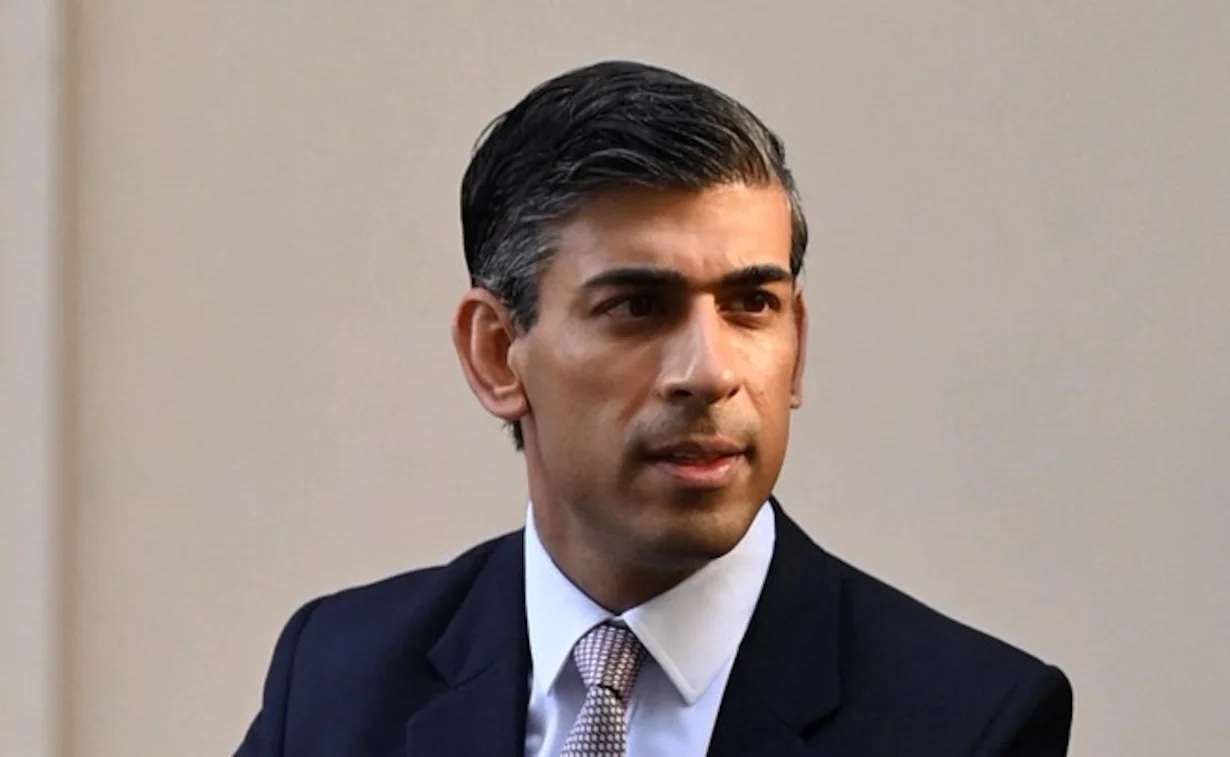The traditional A-Level examinations, a hallmark of the UK education system, are set for a significant overhaul.
PM Rishi Sunak has announced the introduction of a new qualification to replace them. Pupils will be made to study English and Maths until the age of 18, subjects students have been able to stop at age 16.
A-Levels have long been the standard assessment for students in the UK seeking university admissions. They play a pivotal role in shaping students’ academic and professional futures.
The New Qualification:
This new qualification will be a mixture A Levels and T Levels and be called an ‘Advanced British Standard’.
With his plans for an education reform, the leader of the Conservatives announced that pupils would study 5 subjects, instead of the current 3 until age 18.
Plus, schools will be able to earn bonuses of up to £30,000 to attract and keep hold of staff & teachers for the new positions.
Rishi Sunak stated at the Conservative Party conference:
‘We will introduce the new rigorous, knowledge-rich Advanced British Standard, which will bring together A-levels and T-levels into a new single qualification for our school leavers.
‘First, this will finally deliver on the promise of parity of esteem between academic and technical education. Because all students will sit the Advanced British Standard.
‘Second, we will raise the floor ensuring that our children leave school literate and numerate because with the Advanced British Standard all students will study some form of maths and English to 18 with extra help for those who struggle most. In our country no child should be left behind.’
There Will Be More time in the classroom
Under the new plans; the Advanced British Standard, the PM said that students in year 12 & 13 in schools will now be spending more time in the classroom.
In a series of posts on X he said:
‘We’re creating a new, combined single qualification. The Advanced British Standard brings together the very best of A levels and T levels.
‘This is a long-term reform that will take time to get right and extra funding to deliver.’
Here are the key changes:
- All students will study some form of English and Maths up until age 18
- Every student will spend 195 more hours with a teacher
- All students will study a broader range of subjects
‘We will deliver parity between technical and academic routes – all students will take it.’·
Mr Sunak also explained that the ‘main funding priority‘ from now on will be in the education sector.
He added: ‘It is the best economic policy, the best social policy, and the best moral policy.
‘It is the best way to spread opportunity and create a more prosperous society.’
So when will the new qualification get going?
This won’t impact any students already in the secondary (KS3 & 4). Instead, all children currently in primary school are the ones it will impact. It’s a long-term proposal rolling out in 2033-34.
Reactions:
As with any significant educational change, a spectrum of reactions is expected. While some stakeholders might welcome the modernization, others may have reservations about moving away from a tried-and-tested system.
The announcement of the phasing out of A-Levels in favour of a new qualification marks a transformative moment in UK education. As further details emerge, students, educators, and parents will be keenly observing the implications of this shift.








